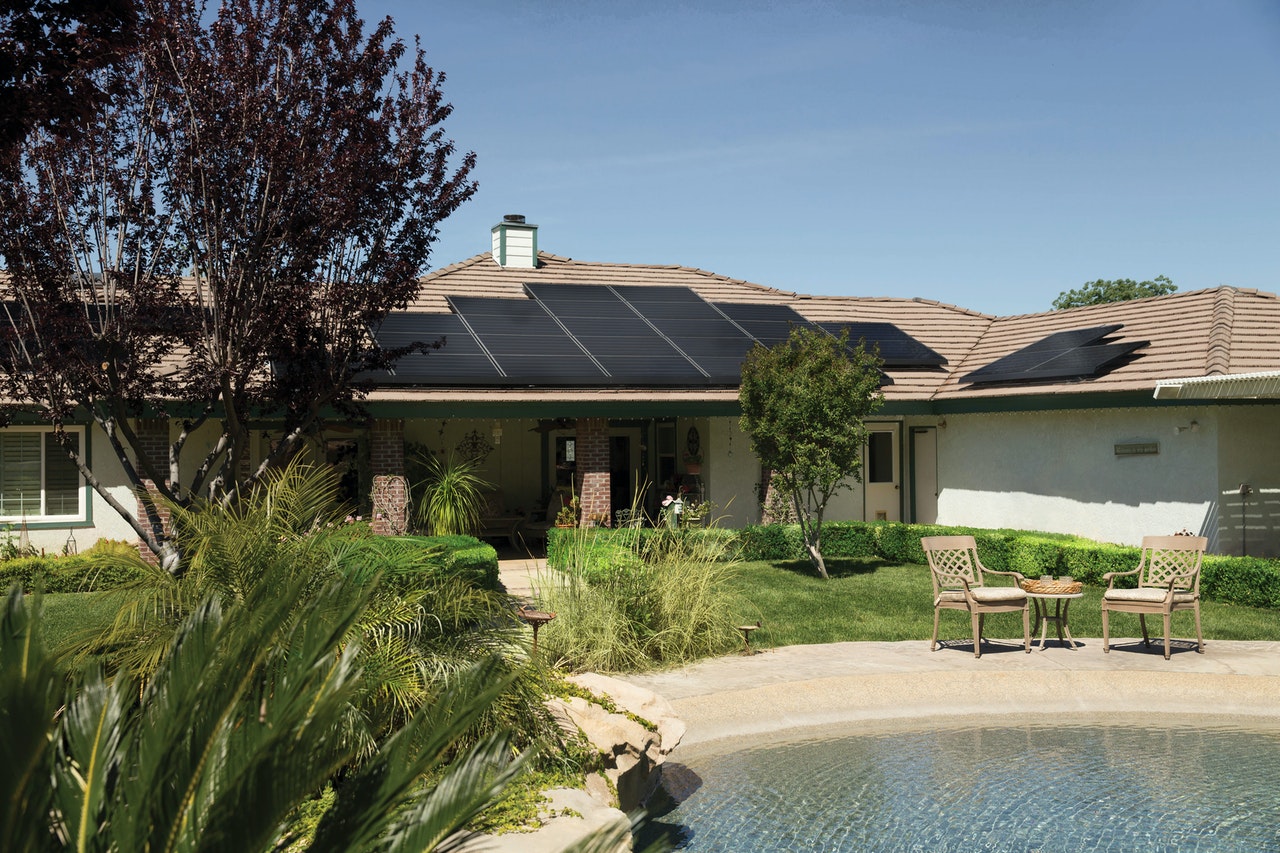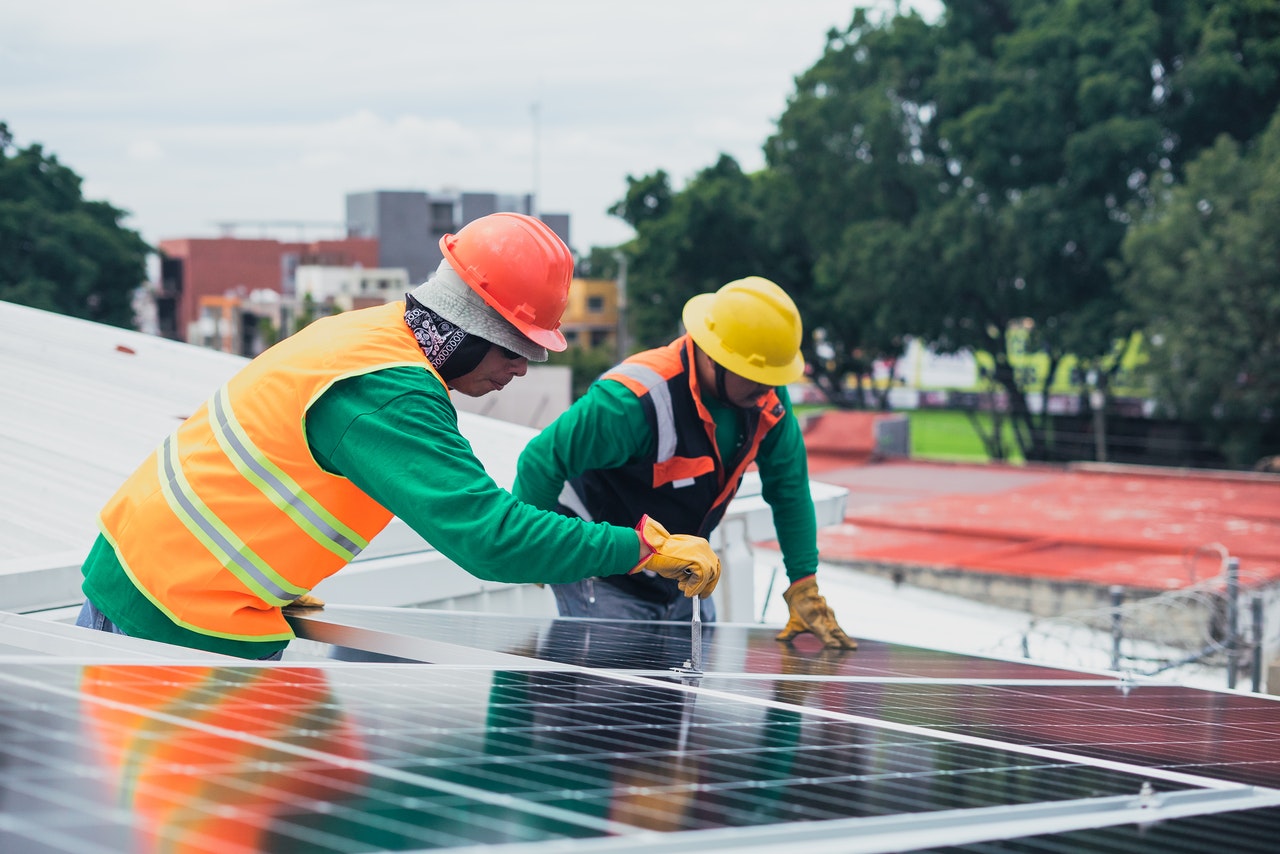Green energy activists, manufacturers, and even the government often shed light on the amazing benefits of solar energy. This makes people assume that the energy source is perfect. But that isn’t true. In fact, it may surprise you to know that utilizing solar energy in homes has a couple of disadvantages. In this article, we are going to be exploring a few of them.
While electricity comparison companies have helped many households find providers that offer power at an affordable price, many homeowners aren’t satisfied, as they still spend thousands of dollars yearly on electricity. This is likely why more people are leaning towards solar energy.
Several reports have shown that many homeowners in Australia are embracing solar energy to cut down their electricity bills.

Negative Impact on the Environment
Solar energy is clean and renewable, but it isn’t perfect. As evident in this study, solar energy fields can take up landmass that could have been used for agricultural activities.
Even more, they affect the plant and animal species in the area where they are present.
The Union of Concerned Scientists has pointed out that large solar farms raise concerns about habitat loss and land degradation. Granted, solar energy is a lot less harmful than many non-renewable energy sources, but it can still harm the environment – for example, when solar panels aren’t disposed of properly.
Cost
The cost of installing solar panels is ever-rising. One report shows that the initial cost of solar panel installation can generate 8kw is around $30,000.
Note that the installment cost covers everything from the cost of panels and inverters to wiring, labor, solar charge controllers, and repairs.
Space
Many residential properties have enough space to accommodate the number of solar panels needed to address their electrical needs.
The same cannot be said of large apartment complexes and office buildings. These buildings just don’t have enough space on their roof for the number of panels needed to power them. Adding to the problem is the high amount of energy that many homes require.
Many commercial buildings have to utilize electricity comparison companies to find the best energy deals and ultimately save on costs, as they don’t have enough room to install the number of panels, inverters, and batteries they need.

Poor Energy Conversion
Many experts agree that solar panels aren’t very energy efficient.
Multiple studies have supported the claim of these experts. This study, for example, shows that the best panels on the market are only 23% effective.
This means that they can only transform 23% of the energy from the sun to electricity.
Unpredictability
The sun’s unpredictability is one of the main downsides of solar energy.
As you likely know, sunlight production is linked to factors like time of day, location, and season. This means that people who live in northern latitudes will be at a disadvantage, while inhabitants of latitudes closer to the equator will be at an advantage, as their region is sunnier.
Final note
These are just a handful of the cons associated with solar energy. However, if you live in a region where there is a lot of sunlight, it may be worthwhile to indeed upgrade to solar energy to reduce your energy bill.
And, if your location isn’t the most favorable for solar energy, you can still save money by using an electricity comparison company to find an affordable and reliable energy provider.